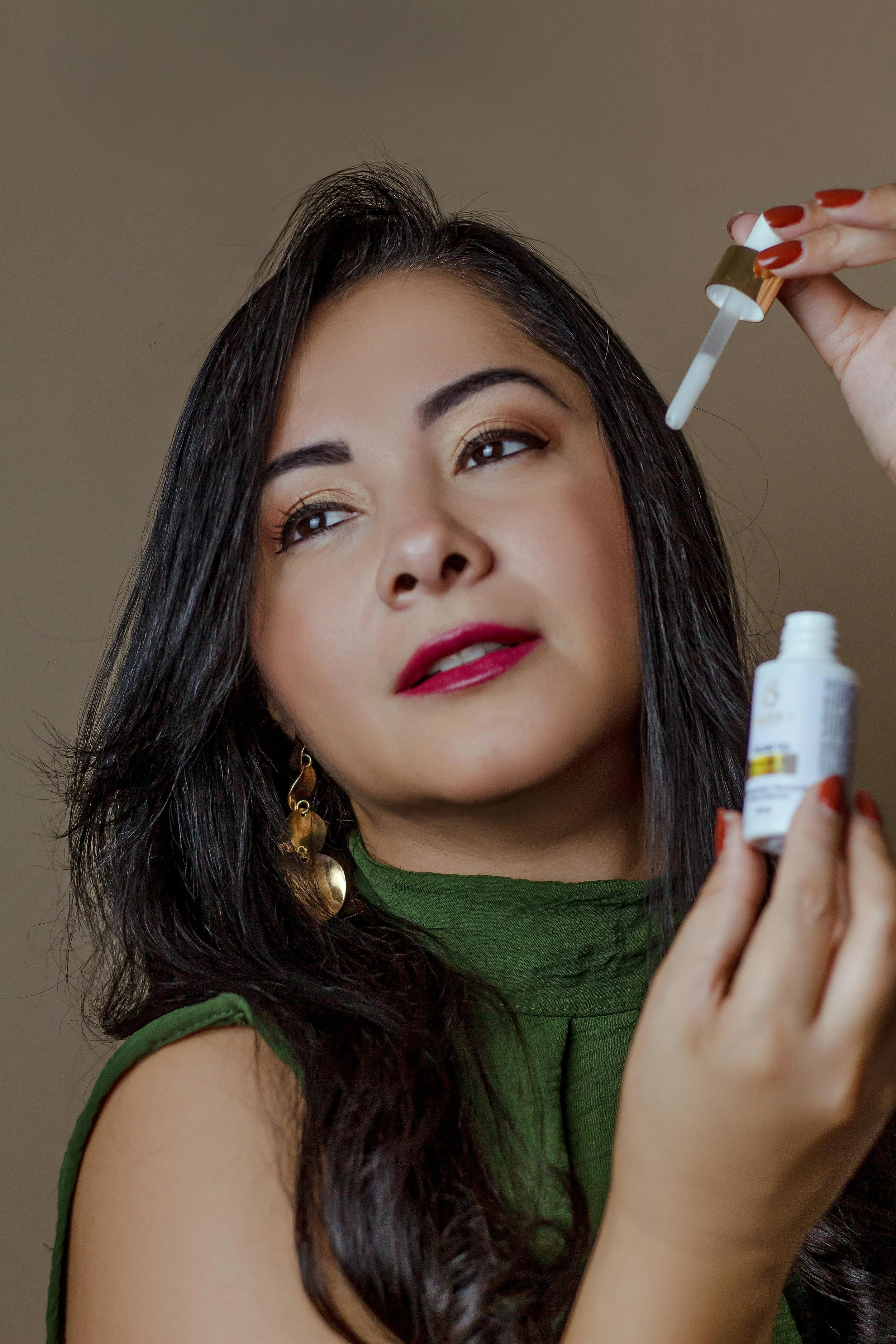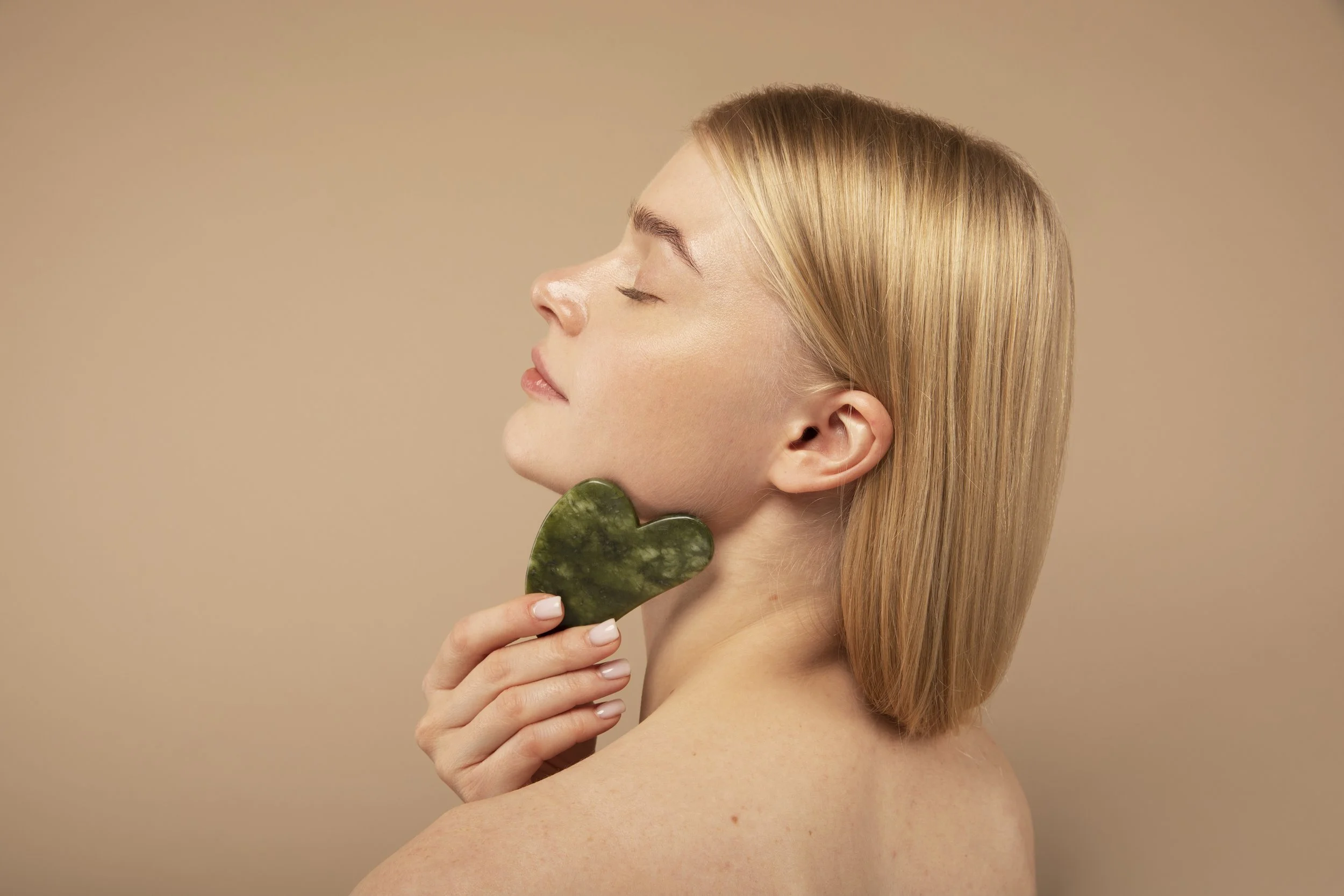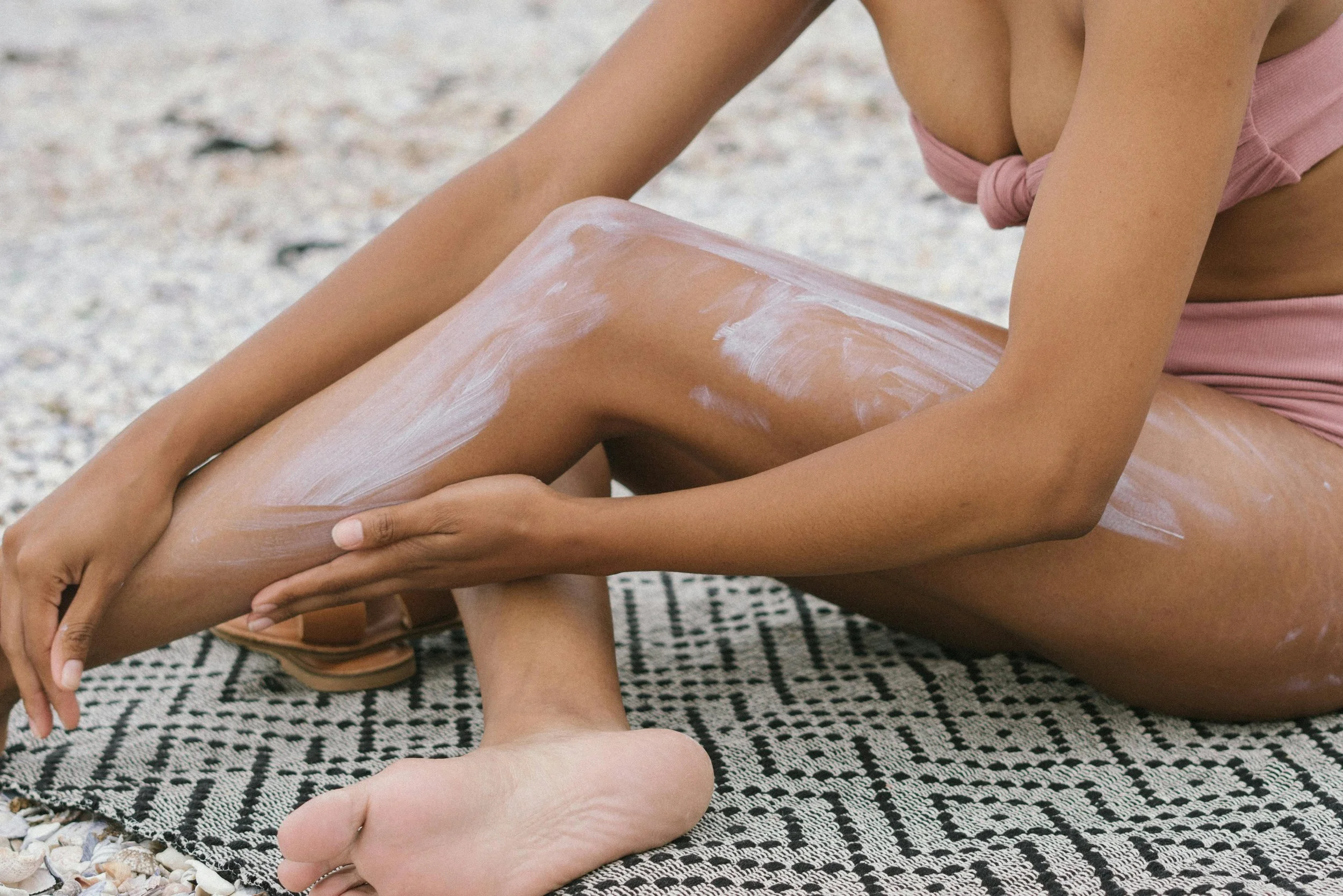
Why Bone Broth Helps with Graceful Aging
Bone broth is more than a wellness trend. It’s a nourishing, collagen-rich tonic that supports skin elasticity, hydration, and overall vitality. Learn how its unique blend of amino acids, minerals, and hyaluronic acid helps promote smoother, firmer, and more radiant skin from within.

Fall Skincare in NYC: Essential November Tips From a Licensed Esthetician
As temperatures drop in November, your skin needs extra care. Learn how to stay hydrated, protect against dryness and UV rays, gently exfoliate, and maintain a radiant, healthy complexion all month long.

“Natural” vs “Not Natural” Skincare: Expert Advice From an NYC Esthetician
Is “natural” always better? Not necessarily. While botanical ingredients can nourish and support the skin, clinical skincare often offers more stability, precision, and results with less irritation. Learn the key differences, benefits of each, and how to find the right balance for your skin and values.

Professional vs. Drugstore Skincare: Why the Results Aren’t the Same
When I first started my esthetics career, I believed drugstore skincare was “good enough.” But after years of experience and seeing clients transform with professional lines like GlyMed+, Jan Marini, and Colorescience, I’ve learned the results aren’t even close. Here’s what makes professional skincare truly worth it.

October Skincare Tips: Transitioning from Summer to Fall
October is the perfect time to adjust your skincare routine for cooler weather. Switch to a cream cleanser, thicker moisturizer, use body products with AHAs or retinoids, keep your lips hydrated, and don’t skip sunscreen. These simple updates keep your skin healthy, smooth, and glowing all season long.

Mind + Skin: Why Your Thoughts Affect Your Complexion
Beautiful skin isn’t just about what you apply, it’s also about how you think. Stress, self-talk, and the way you identify with your skin all influence healing and results. Learn how shifting your mindset, releasing labels like “acne-prone,” and embracing gratitude can help your skin glow from the inside out.

Esthetician, Medical Aesthetician, or Dermatologist: Who Should You See for Your Skin?
Confused about whether to see an esthetician, medical aesthetician, or dermatologist? Learn how each professional can support your skin and why estheticians are often the best choice for long-term, healthy, glowing skin.

Expert Travel Skincare Advice from an NYC Esthetician
Travel can stress your skin in unpredictable ways, from changes in climate and humidity to disrupted routines and jet lag. Learn how to maintain hydration, protect your barrier, and keep your skin glowing no matter where you go.

Hot, Lukewarm, or Cold Water: What’s Best for Washing Your Face
Wondering whether hot, lukewarm, or cold water is best for washing your face? Hot water can strip oils and irritate, cold water won’t cleanse fully, and lukewarm water is the sweet spot… gentle, effective, and barrier-friendly.

Why Skin Cycling Might Not Be Necessary
Skin cycling is the latest TikTok skincare trend, but does your skin really need it? While the concept helps remind people not to overdo exfoliation, the truth is that ingredients like vitamin C and retinoids work best when used consistently, not just a few nights a week. Here’s my professional take on why a customized routine is more effective than following a one-size-fits-all trend.

The 4 Pillars of Balanced Skin: Exfoliation, Hydration, Moisturization, & Protection
Healthy, glowing skin isn’t about more products, it’s about balance. Discover the four pillars of skincare, exfoliation, hydration, moisturization, and protection, and learn how to keep your skin barrier strong, resilient, and radiant all year long.

NYC Esthetician Explains Sunscreen Reapplication Tips
Reapplying sunscreen is just as important as putting it on in the first place. In this post, I break down why SPF fades after 2 hours, what happens when you skip reapplication, and the easiest ways to reapply throughout the day, whether you’re wearing makeup or not.

Is It Bad to Ice Your Face? An Esthetician’s Honest Take
Wondering if it’s actually safe to ice your face? While this viral skincare hack has real benefits, like reducing puffiness and calming inflamed acne, it’s not for everyone. In this post, I break down the do’s and don’ts of facial icing, safe techniques to try (including my personal favorite), and when it might do more harm than good.

The Ultimate Guide to Glowing Skin
Glowing skin isn’t just about the right products, it’s about knowing your skin, building a consistent routine, and living a healthy lifestyle. This guide breaks down practical, expert-backed tips for achieving radiant, healthy skin from the inside out.

Why Doesn't the United States Allow More Sunscreen Filters?
The U.S. lags behind many countries in approving new sunscreen filters due to the FDA’s strict and lengthy approval process. This delay limits American consumers’ access to newer, safer, and more effective sun protection ingredients commonly used worldwide. Learn why the FDA is cautious, the impact on U.S. sunscreens, and recent efforts to modernize regulations.

Understanding Sunscreen Including the Different Types, Filters, and How They Work
Sunscreen is vital for protecting skin from harmful UVA and UVB rays. This guide breaks down the differences between mineral and chemical sunscreens, explaining how they work and listing popular sunscreen filters used worldwide. Learn which ingredients provide broad-spectrum protection and how to choose the best sunscreen for your skin type and lifestyle.

5 Common Skincare Mistakes You're Probably Making (and How to Fix Them)
Avoid common skincare pitfalls that can harm your skin over time. Learn five frequent mistakes, like skipping sunscreen, over-exfoliating, and neglecting your neck and hands and discover simple fixes to improve your routine for healthier, glowing skin all year round.

Why I Recommend Self-Tanner Over Sun Exposure Every Time
Summer is here and with it comes the desire for sun-kissed skin. But before you lay out under the sun, consider this: tanning is your skin's response to UV damage. This post explores safer alternatives like self tanners, how they work, their risks, and why they’re still a better choice than sunbathing or tanning beds.

Understanding the UV Index: Why It Matters For Your Skin
The UV Index measures the strength of ultraviolet radiation and your risk of sunburn. It ranges from 0 to 11+, with higher numbers indicating greater risk. Learn how the UV Index works, why it matters even on low-risk days, and how to protect your skin from long-term damage with simple sun safety tips.

Personalized Skincare, Effortless Beauty


